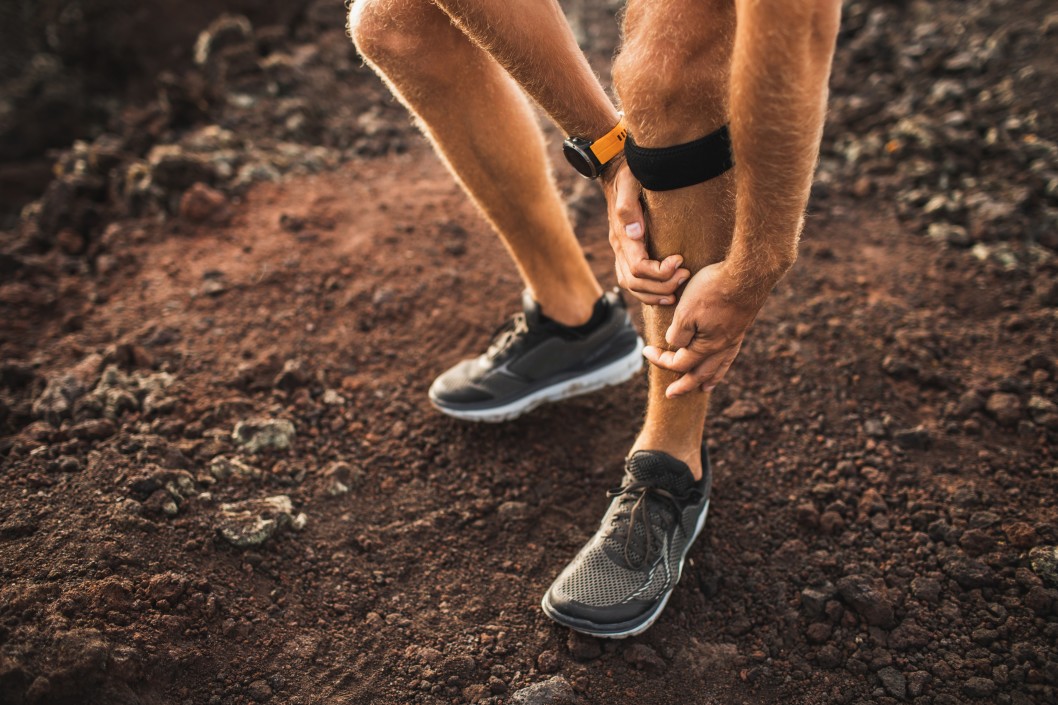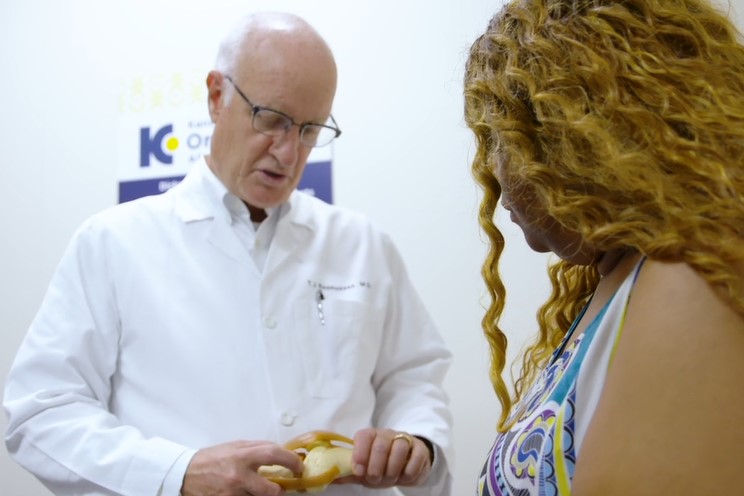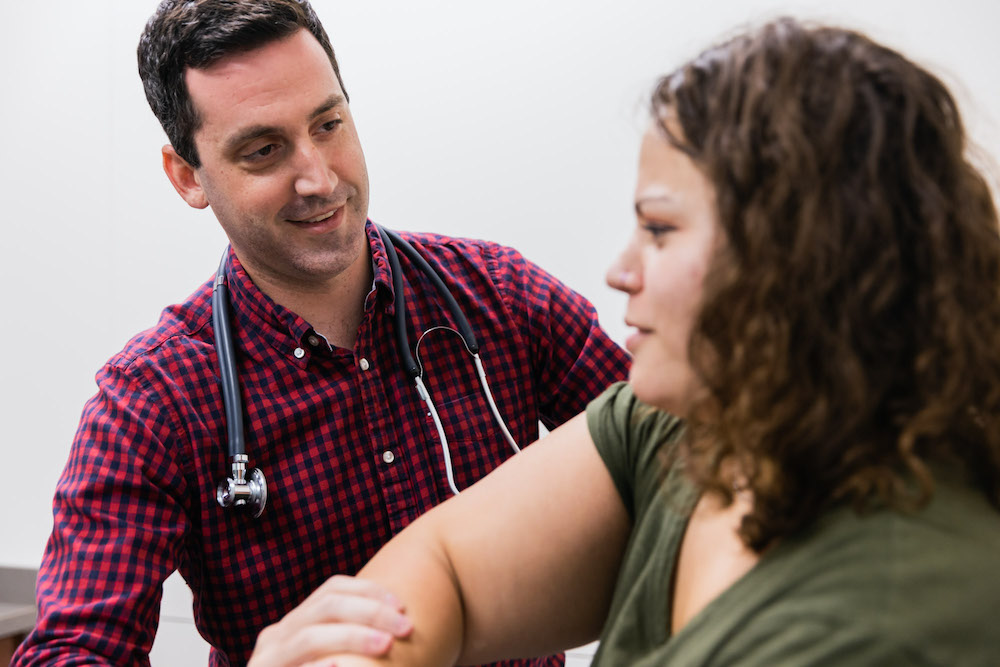
Thinking about bone health? You should be.
We all care about our skin, our hearts and keeping up to date on our vaccines, but have you ever thought about your bone health?
We take medicine for our blood pressure. We put topical creams and gels on our faces to protect our skin and keep it looking young.
But what about the essential part of our bodies that protects organs and keeps us up and moving?
Often overlooked, bone health is a huge problem in America. In fact, around 54 million Americans suffer from poor bone health.
One in two women and one in four men over the age of fifty will break a bone due to unhealthy bones.
The skeleton is very important and usually only gets attention when it is broken. However, there are ways to prevent those breaks far before they happen.

There are 206 bones in the human body.
Our goal at Kansas City Orthopedic Alliance is to keep them all in tip-top shape and far from fractures. This is why we implemented a bone health program in Kansas City.
Why should i find a bone health program?
As we age, our bones start to break down and become more brittle, a disease called osteoporosis.
When this occurs, bones become more likely to break.
Sometimes called a silent disease, osteoporosis is ominous because people cannot feel their bones weakening.
By definition, the word means “porous bone” and causes the affected bones to have low density, mass and distorted structure.

What causes osteoporosis and a lack of bone health?
Osteoporosis has a variety of causes, including:
- natural aging
- hormonal changes
- chronic use of certain medications
- chemotherapy
- vitamin imbalances
- a variety of other things
Why see a KCOA bone health specialist?
At KCOA in Kansas City, we can help you determine the state of your bones and what sort of actions you should begin.
We can achieve a deep level of analysis through lab tests and a bone mineral density scan, or a DEXA. The DEXA is a painless and safe test that utilizes low-energy radiation to determine the density of bones.
The National Osteoporosis Foundation calls this test the “old standard” of bone health. The DEXA will provide a T-score, which is a comparison to the bone density of a healthy 30-year-old’s bone density.
From there we can determine the best way to treat you, individually. Whether that be calcium and vitamin D supplementation, or newer anabolic agents to help actually build new bone.

Who should be concerned about bone health in Kansas City?
The answer is truly EVERYONE. Taking care of your bones when you are young keeps them from fracturing when your skeleton begins to mature.
Women who are post-menopausal or anyone over the age of 50 who has recently broken a bone are very likely to suffer from osteoporosis, or its precursor, osteopenia.
Some of the key signs and symptoms that your bones are weakening include:
- loss of height
- spinal curving
- cramps or bone pain
- brittle fingernails
- receding gums
- and decreased grip strength
Those on chronic steroid usage and smokers are also at increased risk of fracture.
Twenty percent of the elderly who break a hip due to bone fragility will pass away within one year from complications related to the fracture or the surgery needed to fix it.
Additionally, most of these seniors will need to be in long-term nursing facilities away from the comfort of their own homes.

How can I avoid osteoporosis?
Working together as team to build your bones back up and to keep them as strong as possible is important in preventing fractures down the road and leading a healthy lifestyle. There are also ways such as vitamin supplementation and resistance training exercises that can promote healthy bones in younger patient populations.
Implement a bone health program in Kansas City into your lifestyle today.

At KCOA, we want you to age healthily from the outside in, from your skin to your organs, all the way into your bones.
If you or someone you know may be suffering from poor bone health, has already fractured or you believe is at risk, schedule an appointment with one of our bone health specialists at Kansas City Orthopedic Alliance.


